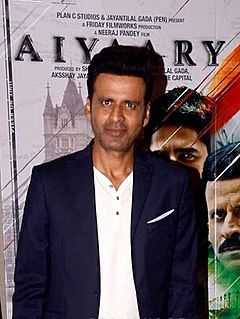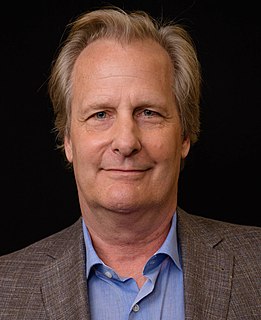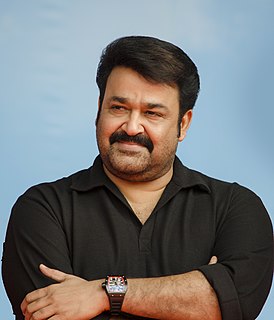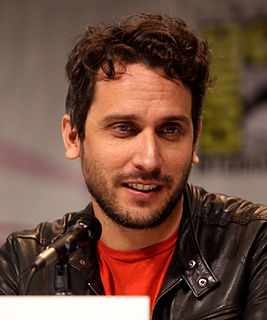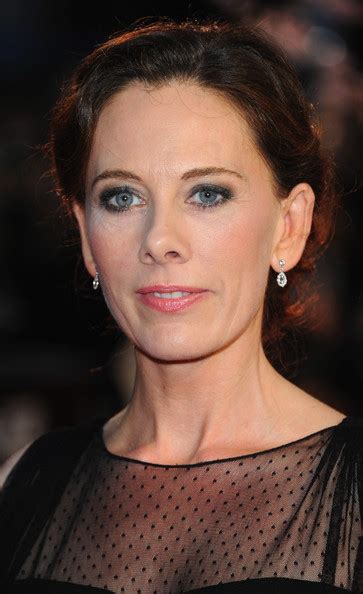A Quote by Cliff Curtis
As an actor, you've got to have faith in the director's vision, that the director has a vision for this that is greater than the critics say.
Related Quotes
The first thing you do as a producer is you try to understand the director's vision in as deeply a way as you can. Sometimes, you end up with a director that has more vision or sometime they have less vision. You hope that they have more. In the case where they have more, you need to understand it in the deepest way you can.
You have to accept that the moment you hand a script to a director, even if you've written it as an original script, it becomes his or her movie. That's the way it has to be because the pressures on a director are so staggering and overwhelming that if he or she doesn't have that sort of level of decision making ability, that sort of free reign, the movie simply won't get done. It won't have a vision behind it. It may not be your vision as a screenwriter, but at least it will have a vision.

